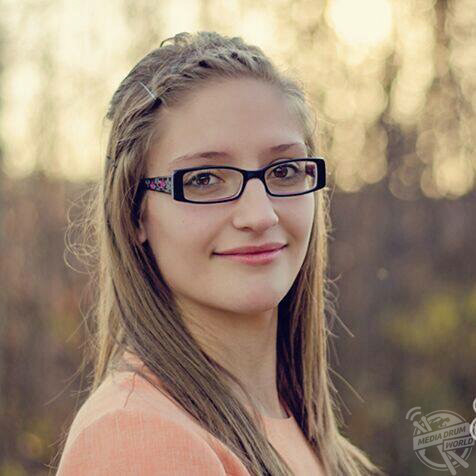By Rebecca Drew
THIS YOUNG woman has revealed her pain at discovering she was born WITHOUT A WOMB when she was eighteen after doctors dismissed her worries when she didn’t start her periods and now she is crowdfunding to realise her dream of starting a family with her husband.
When educational assistant, Sarah Giesbrecht (21) from Simcoe, Ontario, Canada, was 16 she noticed that she hadn’t started menstruating like her friends and started to worry when her family members kept asking her if her periods had started, expecting them to have started when she was 14 or 15. Feeling scared, Sarah went to her doctor to ask questions but he insisted that she had nothing to worry about.
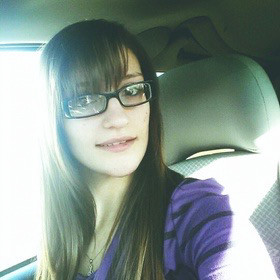
Two years later, Sarah’s period still hadn’t arrived, so she went back to the doctor and demanded that they ran tests on her. She went for an ultrasound where the sonographer wouldn’t tell her what was going on with her scan and told her to speak to her doctor. A fortnight later, the doctor told her that they thought she had an absent uterus but had to go for an MRI and blood tests for this to be confirmed.
After waiting for four months for her results, Sarah was called in to see her doctor and was given the devastating news that she had Mayer-Rokitansky-Küster-Hauser syndrome (MRKH), a condition that meant that she was born without a uterus, meaning no amount of surgery or IVF would allow her to have a baby of her own. Sarah’s condition has also caused her skeletal abnormalities in her spine and hearing loss.
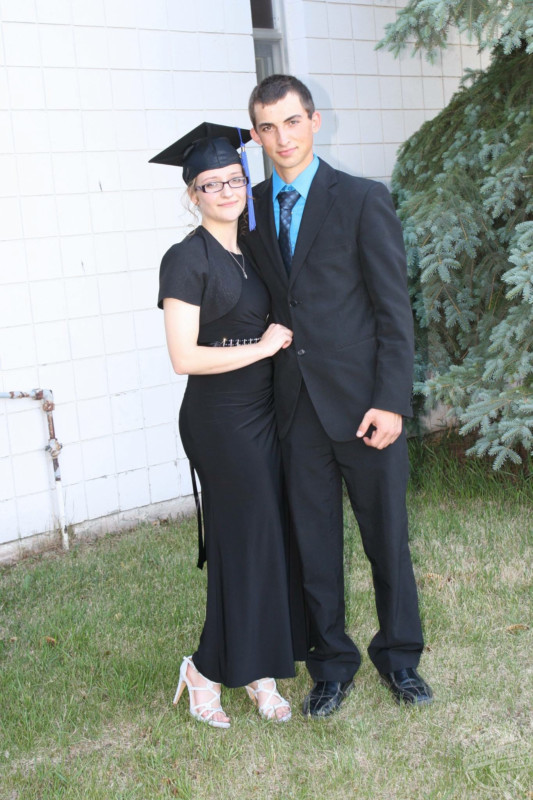
Receiving her diagnosis was a complete blur and Sarah battled with depression due to the prospect of not being able to have children herself but her husband, Jacob (23), who she had been with for three-years at that time stood by her.
The pair were married in July, 2017, and after exploring adoption and surrogacy have set up a Go Fund Me page so that they can fulfil their dream of having a biological baby of their own through a gestational surrogate.
“At the age of sixteen I realised that I still didn’t have my menstrual cycle and started to worry about not having it, my friends and family members kept asking me about it and it really scared me,” said Sarah.
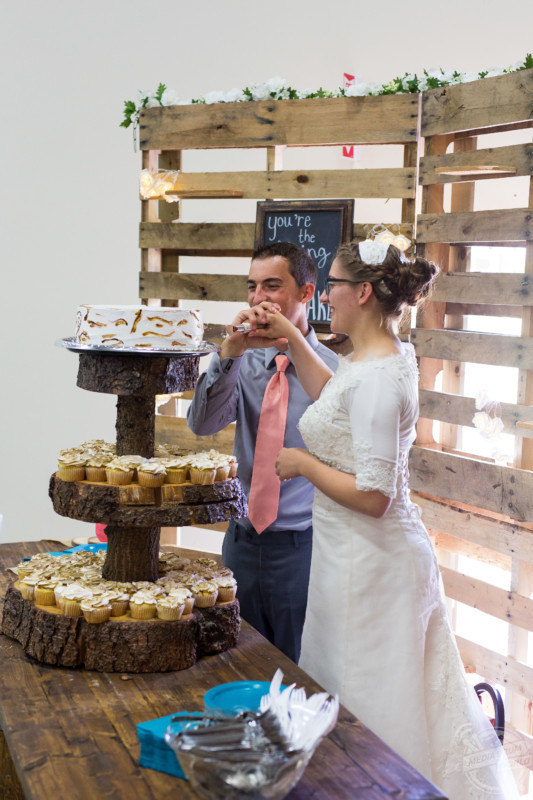
“When I went to the doctor for the first time at sixteen, the doctor made me feel like this wasn’t an issue that there was still lots of time for it to happen, I was really confused and my friends and family felt it wasn’t normal because girls normally have their menstrual cycle at the age of fourteen or fifteen.
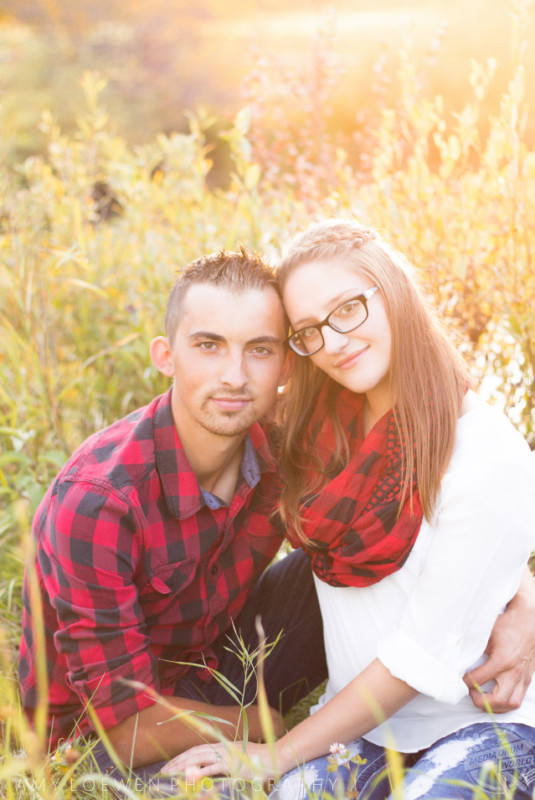
“I waited two more years and at the age of eighteen I finally decided that this isn’t normal, and I wanted tests done. My very first test was an ultrasound which was very nerve-wracking I remember lying there, it was so quiet and all I could hear was the machines in the room and prayed that the results would be fine.
“The lady who was doing my ultrasound wouldn’t say a word and I couldn’t understand why she couldn’t tell me the results, I was frustrated since the results were right there and they made me wait two weeks for the results. Finally, after we got the results, they told me that they thought that I had an absent uterus but they wanted me to go for an MRI and blood test and referred me to a gynaecologist.
“I had to wait three months to get my MRI. Four weeks later I had my appointment for the results. The doctor sat me down and looked at me and said; ‘I’m sorry, but we have diagnosed you with MRKH syndrome’, while she was explaining to me I was crying and blanked out everything she was saying.
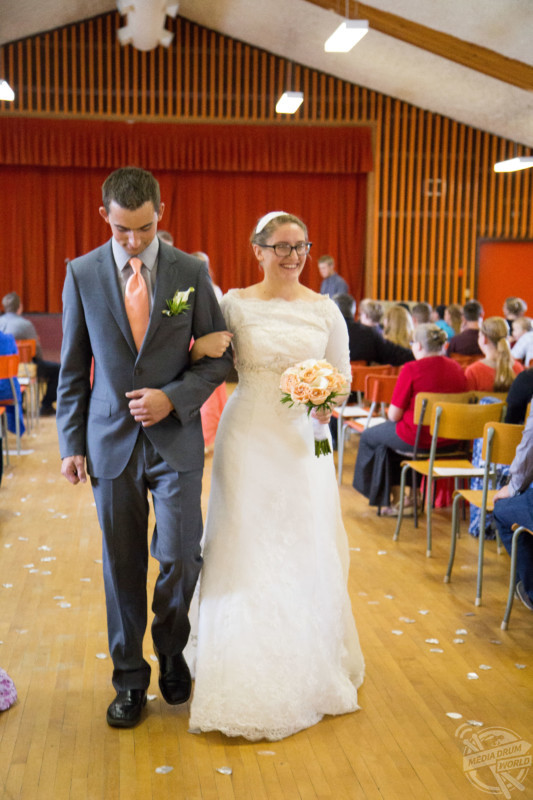
“I was thinking to myself that I will never be a mother and I will never have children. At this time I was in a committed relationship of three years and I knew my boyfriend wanted children as well. The doctor told me my options and honestly, I didn’t hear anything she said, I was in complete shock.
“Finding out I had MRKH was devastating for me I spent that whole year depressed and frustrated with everyone. It was hard to accept and I still haven’t fully come to terms with it. Having children was always my main goal and having that taken from me was hard.”
MRKH is a congenital disorder of the female reproductive system that affects approximately one out of every 5,000 females. It causes the vagina and uterus to be underdeveloped or absent, although external genitalia are normal. Women with the condition usually have normally functioning ovaries but don’t menstruate due to no uterus.
Sarah met Jacob in 2012 and he has supported her throughout her journey to diagnosis, she discussed their decision to explore surrogacy to start their family and what it would mean to them to reach their Go Fund Me target.
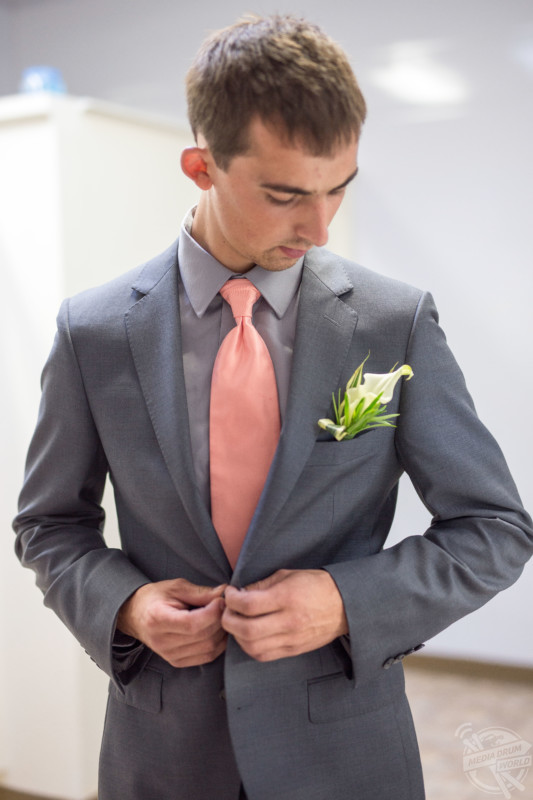
“I met my husband in 2012 and I told him in the beginning of the relationship that there was a possibility I wouldn’t be able to have children and he took it pretty hard, he wanted children as well but he responded and said, ‘I want to spend my life with you’ and that we would figure out a way, when the time comes,” said Sarah.
“His support was amazing and he came to the majority of my appointments and he has always been there for me.
“After we got married in 2017, we discussed surrogacy and adoption but every time we discussed it, we always turned back to surrogacy because we wanted to have the opportunity to have our own biological child.
“For us to reach our Go Fund Me target would mean that the possibility to have a child may become a reality. For us this dream of being able to have a baby of our own, to become parents is possible through the help of funding.
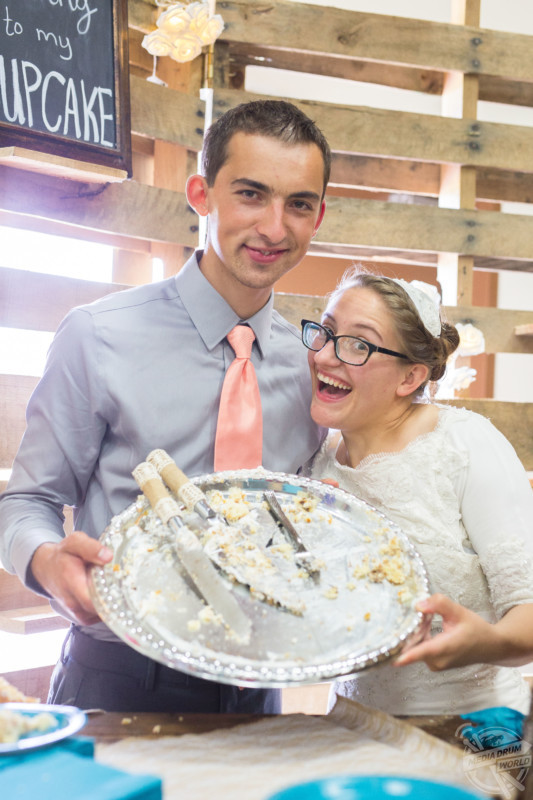
“We live in a world where money is something, we usually need to reach our goal and when you don’t have that we ask for help whether it’s from a family member or friends or the bank or even from strangers, we do what we can if it helps our dream come true.
“For those who have just been diagnosed with MRKH, reach out, talk to someone. I spent a year not talking about how much it affected me and I wish I did. I joined a group on Facebook that really helped me talking to others who have MRKH and made me feel like I wasn’t alone.”

